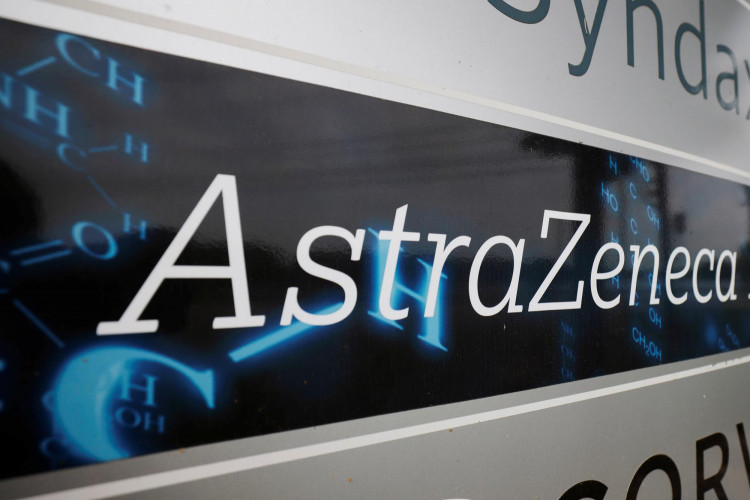AstraZeneca and Johnson & Johnson can now proceed with the next leg of their stalled advanced-phase experimental vaccine tests in the U.S., the biotech groups disclosed in separate statements Friday. AstraZeneca put on hold its worldwide tests because of an adverse result in Britain last month. The U.K. tests were given the green light to resume not long after, but the U.S. trial remained suspended.
The U.S. Food and Drug Administration is considering to require AstraZeneca scientists to inform test subjects of the possible or suspected unfavorable outcome, and evaluate them for neurological events, reports said. Based on an update by the World Health Organization, 193 studies are currently being made to develop a COVID-19 vaccine, and the U.S. health authorities recently said they expect Americans to be given the shots by the middle of next year.
According to AstraZeneca chief executive officer Pascal Soriot, the resumption of clinical tests across the globe is "great news as it enables us to continue our efforts to develop this vaccine to help defeat this terrible pandemic," Linda Johnson of AP quoted Soriot as saying in a statement.
Such temporary suspension of vaccine trials is relatively common. In research comprised of thousands of volunteers, some are likely to get sick. Halting a trial allows health experts to examine whether an illness is caused by a side effect or a coincidence. Testing of the AstraZeneca treatment, developed in tandem with Oxford University, has already resumed in South Africa, Brazil, United Kingdom, and Japan.
Johnson & Johnson said there are multiple possible elements that could have triggered the event. "Based on the information collected to date and the input of independent medical experts, the company has found no evidence that the experimental vaccine caused the event," CNN quoted the pharmaceutical company as saying in a statement.
A COVID-19 vaccine is badly needed as the U.S. registered disturbing new cases of coronavirus infections Friday, exceeding 77,000 in a 24-hour span, reports disclosed, which contrasts slightly from figures provided by the Johns Hopkins University, which has been maintaining a global count since the pandemic broke out.
The FDA granted an emergency use approval (EUA) for antiviral drug remdesivir earlier this week to treat COVID-19 patients after some research indicated it helps hospitalized patients suffering moderate forms of the virus recover more quickly. Remdesivir became the first COVID-19 treatment to be given the FDA authorization. But, even with the administration of the vaccine, health experts say these are more critical for preventing the spread of the virus.






